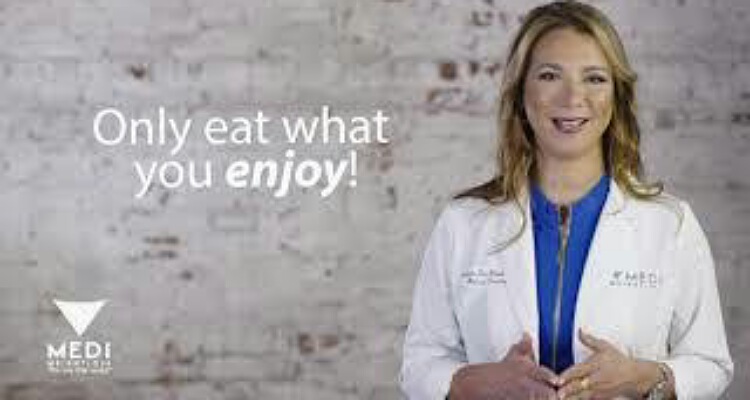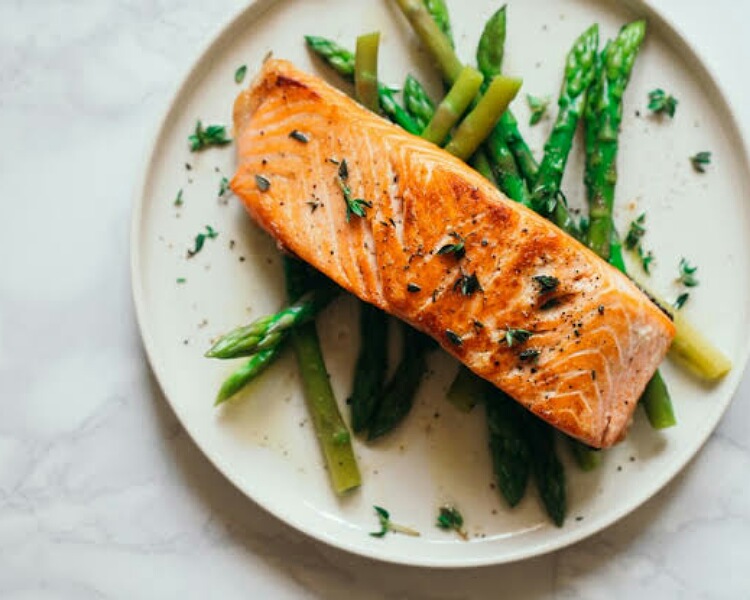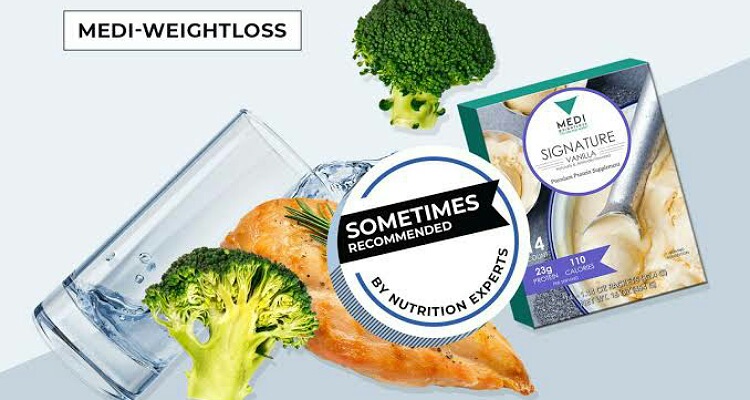Have you heard of the Medi-Weightloss program? This is a low calories and low carb commercial weight loss program. Is it effective? How safe is it?
Medi-Weightloss program
Are you keen to lose a lot of weight in a short time, effectively and safely? Medi-Weightloss program can help you achieve it. It is a commercial weight loss diet plan. Entrepreneur Edward Kaloust founded this unique program in the year 2005.

Edward had worked in the finance industry for 40 long years. Later, he started this diet plan for weight loss as a franchise company. But in this, he took the help of dietitians, fitness experts, and adult physicians. There are now 97 franchise centers for this program in 27 states of the USA. More locations are likely to come up soon. The firm claims that it has assisted 300k clients lose around 7.9 million pounds of weight since 2005.
Plan and benefits
The plan is provided under the supervision of a health professional only. Firstly, there is a consultation with an adult physician. The fat to lean mass ratio is calculated.
After this, a specific customized diet plan and exercise education is given to the subject. The client can lose 20 pounds in a month with this plan. Most dietitians feel that such rapid loss is not good. A loss of 1 to 2 pounds per week is ideal.

There are three phases of the program. In the first acute phase, low calories and low carb foods are allowed. One can eat vegetables, proteins, and healthy fats. Aim is for a caloric deficit of 500 to 1000 calories per day and 5 to the 20% of calories from carbs. Weekly consultations and some drugs are part of this plan.
Phase 2 is maintenance phase. About this dietitian Candace Pumper from Ohio says:
“In this phase, patients gradually increase daily calorie and carbohydrate intake and are provided the tools necessary to achieve sustainable lifestyle and behavioral change to support long-term weight maintenance of lost weight,”
There are weekly consultations which change to monthly in third or wellness phase. Here support, education, and guidance continues.
Foods to eat and avoid
One can have certain foods in this program. But they have to avoid others. The foods that the dieter can take include:
-High quality proteins such as eggs, tofu, fish, tempeh, poultry, lean meat etc.
-Non-starchy vegetables and fresh fruits
-healthy fats from nuts, seeds, olives, avocados.
But the slimmer has to avoid the following foods:
-whole grains such as quinoa
-legumes such as chickpeas and lentils
-starchy vegetables such as white potatoes
-dairy products: milk, yoghurt, cheese, butter etc.
-sugar, artificial sweeteners
-refined carbs
-processed foods

Candace adds:
“Avoiding foods that are processed or ultra-processed is central to the Medi-Weightloss diet plan,” ,
Further, she opines:
“Hypocaloric, low-carbohydrate diets and specifically ketogenic approaches have shown to be effective in producing rapid initial weight loss,”
“However, these dietary patterns are not an effective solution for long-term weight management.”
Read here:13 tips to weight loss without exercises!
The program is commercial and therefore costly.